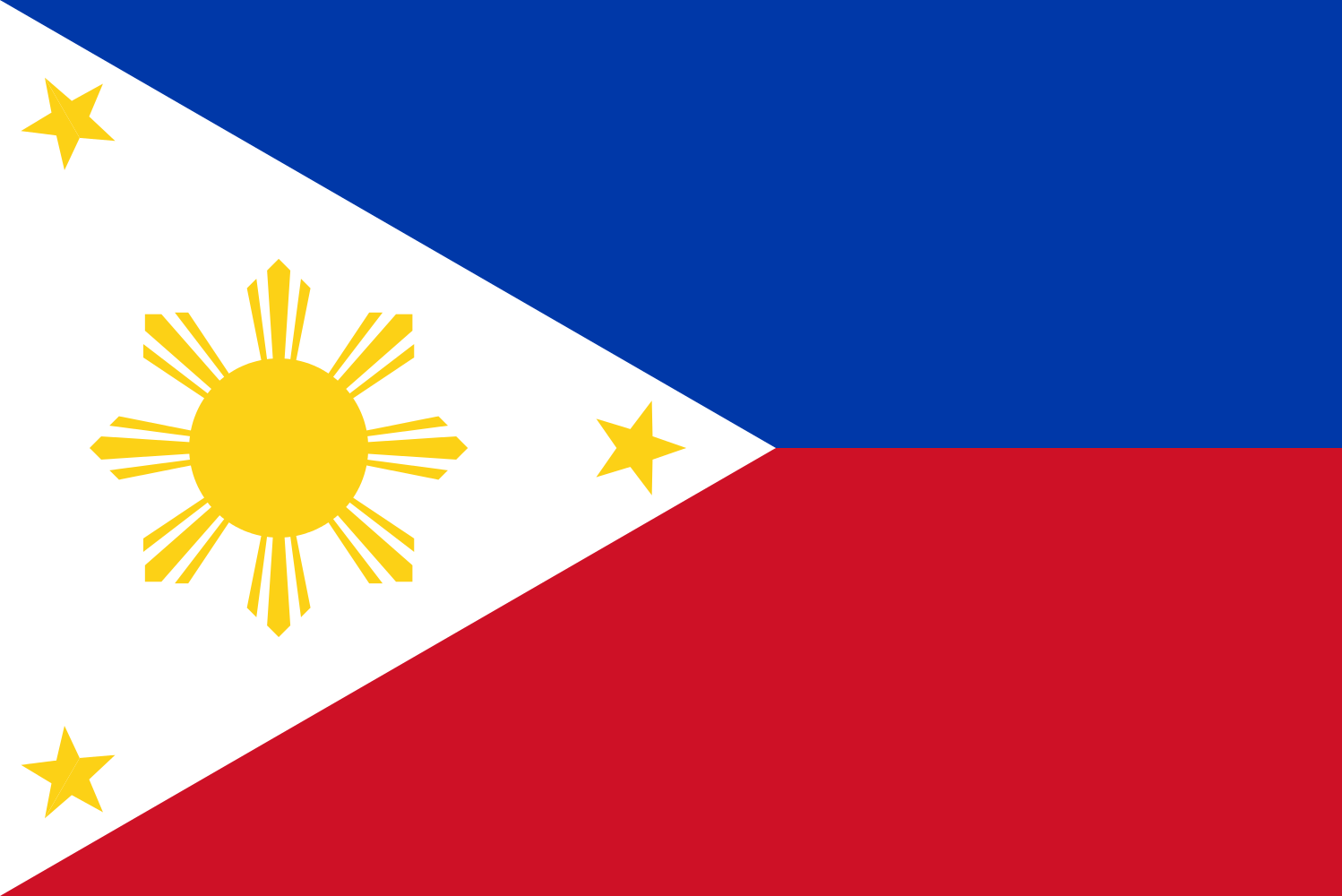


| Official name | Philippines |
|---|---|
| Political capital | Manila |
| Local currency | Peso (PHP) |
| Official languages | Filipino, English |
|---|
With almost 100 million inhabitants and the second higher GDP growth after China, the Philippines offer a wide range of investments for foreign actors, especially with regard to the transfer of know-how in the areas of infrastructure, industrial activities, tourism and food industry.
The majority of the population is young and the propensity to consume is, therefore, structurally high; natural resources are abundant: the country is ranked among the world top 5 mineral resources reserves, the second for gold deposit and the third for copper. Its macroeconomic indicators are positive, inflation is low as well as public debt, while GDP growth remained positive even after the global economic crisis.
Given the extremely favorable socio-economic framework and the positive trend for the coming years, the Philippines hold a great potential for foreign investments.
The Philippines are configured today as one of the major strategic partners regarding Italian investments. The potential factors are varied: culture, labor cost, linguistic accessibility (English is the second official language of the country), wealth of human capital and mineral resources, high propensity to consume, excellent economic indicators and stable political framework. The main areas of investment are construction/infrastructure and energy sectors (electricity, gas, renewable energy); particularly important is the geothermic sector. As for exports from Italy, the field of gastronomy is growing and the Italian food obviously plays a major role, also in the catering industry. The local food sector remains largely underutilized and deserves, therefore, special attention. The construction boom is the reason of a growing demand in the field of wood and furniture, and textiles and clothing are rapidly spreading through the chains of new shopping centers.
Agriculture still plays an important role in the economy of the Philippines, contributing about 13% of GDP and 33% of employment. The low cost of labor, a favorable climate and the variety of specialized crops are the main assets with respect to the agricultural sector. Although the potential is still largely underutilized, some big players in the sector have been able to invest in the territory; very often at the basis of this type of investment there are agreements with small local producers that, in exchange for technological support from the company, ensure the absorption of the production at fixed prices (“contract farming” formula).
In the Philippines, the cultivated areas amount to over 13 million hectares and the production is strongly influenced by climate trends. The United States is the main market for the food industry in the country. The main exported items are: coconut oil, tropical fruit, sugar and fish products. The local Ministry of Agriculture is investing significantly in training farmers and in improving infrastructure and products (from seeds to irrigation systems), especially with regard to the production of corn, rice and coconut palm.
As for the mechanical industry linked to the food chain, we can observe a strong interest in the areas of food processing and packaging. Numerous production chains could offer favorable opportunities for investors, in particular with regard to the technology-transfer:
The agribusiness sector could definitely focus on niche products intended for a medium-high target, but should not neglect the middle class that is emerging with a very stable structure and is gradually changing the consumption patterns, especially with regard to milk and derivatives, and meat and cold cuts sectors.
Import food of the Philippines in 2011 (excluding cereals)
|
|
Import in million dollars |
Main suppliers |
|
Milk and derivatives |
627 |
New Zealand (45,46%) USA (24,73 %), Australia (10,03) |
|
Cheese |
69 |
New Zealand (51%) USA (19%) Australia |
|
|
|
(18%) Holland(2,5%) France (2%) |
|
Vegetables |
74 |
China (34%) USA (17%) Myanmar (13%) |
|
Fruit |
154 |
China (70%) USA (19%) |
|
Wine |
21 |
USA (32%) Australia (16%) Spain(14%) France (6%), Chile (5%) Italy (4%) |
|
Beef |
239 |
India (43%) Australia (30%) USA (4%) |
|
Pork |
47 |
USA (32%) |
With almost 100 million inhabitants and a growing GDP, the Philippines offer a wide range of investments, especially as regards the transfer of know-how, technology and best practices in the different sectors in which Italy excels.
UNIDO ITPO Italy and the Italian Ministry of Economic Development have therefore planned a series of activities designed to increase the economic relationship between the Philippines and Italy and to contribute to the promotion of business opportunities and cooperation among companies of the two countries. In particular, the project aims at supporting the economic relations in the agro-industrial sector - a strategic sector for economic development of the Philippines and also an Italian excellence in the world - through innovation and technology transfer, capacity building activities, promotion of trade opportunities and cooperation, and the development of international partnerships.
Planned activities